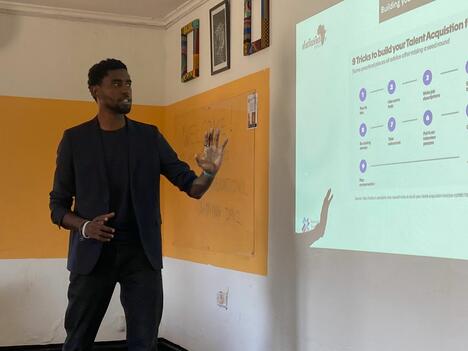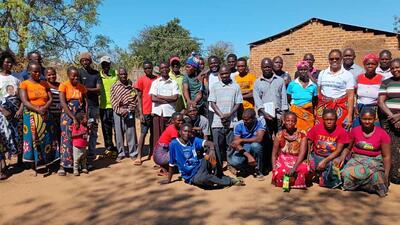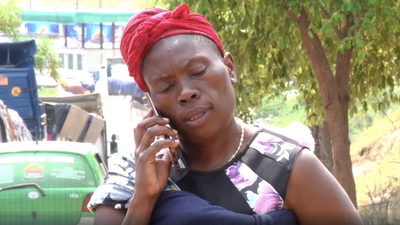
How to internationalize your tech start-up with ITC’s FastTrackTech methodology
ITC’s Switch ON initiative prioritizes digital connectivity through effective training and developing e-commerce for small businesses
Going international can be a big leap, even for nationally successful tech startups. The secret, says strategy manager Kô Goma, is not to overcomplicate.
“The important thing is to take a step back and think strategically. You need to have the tools, structure and framework, and handle things step-by-step,” Goma explained.
Goma recently led a three-day internationalization training for 26 trainees from 12 Zambian growth tech startups, under FastTrackTech Africa, part of the International Trade Centre’s digital moonshot initiative, Switch ON.
The training builds on ITC’s FastTrackTech Internationalization Readiness toolkit and methodology, which assesses the potential of a tech start-up to expand internationally.
“These start-ups are highly motivated; they have products, and their businesses are running well locally. We worked on how to build a growth strategy and then how to implement that strategy, including how to attract and retain first-time clients,” Goma said.
Participants learned how to best position themselves through market research on business climates in cross-border opportunities, designing or adjusting products to address the critical pain spots of international customers, such as integrating their platforms with online payment solutions, and how to sustain international growth.
The startups then dove into the details of working internationally, from how to recruit and incentivize teams to building up client portfolios and partnerships.
Different partnerships for different markets
For Gilbert Mwale, CEO of eMsika Services Ltd. a successful Zambian agritech business, the training came at just the right time.
“I learned that we don’t always need to share equity in order to get clients in new markets, but rather that there are different kinds of business partnerships. This made our life much easier,” explained Mwale.
“We went to Malawi to meet a potential partner and were able to strike up a relationship where we did not overcommit to each other. So, instead of getting stuck in business limbo, we agreed to move ahead with a pilot project and solutions we can replicate,” Mwale said.
The FTT methodology includes a detailed questionnaire that evaluates different areas such as the tech start-up's service offering, growth strategy, and market entry approach. Based on the findings, a report is shared with the start-up, including a benchmark view on its expansion readiness. The training is then tailored to the group.
“We spoke to some 50 plus African tech entrepreneurs when we developed the training, so we always give concrete examples and work through specific scenarios,” Goma said.
eMsika provides both B2B and B2C services to farmers: a commercial platform where they can buy and have delivered farm inputs ranging from machinery to seeds; a portal for training on everything from machinery to animal management; an Enterprise Resource Planning tool and a mobile money platform so they can get paid.
“The training helped us decide which of these services we should focus on to expand outside the country and cost us less: our ERP software. We now have a client in Malawi on a trial basis, and we are reaching out into Mozambique, Uganda and Nigeria,” said Mwale.
The one-on-one coaching session on the third day worked with the tech start-ups part of the FastTrackTech Switch ON cohort who had already moved into the international space as well as those still in the early stages of entering new markets.
“For the first group, we looked at how to accelerate finance, raise money, structure their financials and pitch to investors. For the second group, we talked about what they need to think about for their next move, and how to best connect with potential partners in other countries,” said Goma.
There is no lack of tech talent in Zambia, and elsewhere in Africa. The challenge for many start-ups seeking to go international is mainly a question of working capital. This means having a strong footing in the domestic market to sustain their core businesses while thinking how to creatively partner with other companies globally.
“Collaborations are critical for growth, especially for companies in countries like Zambia. We need to think how as young businesses we can build solutions and platforms that can work everywhere in the world,” said Mwale.
“The most important aspect of the training was demystifying the legal structures and learning that you don’t need to complicate. You can establish simple relationships and test out partnerships before you commit,” said Mwale.
About the project
The International Trade Centre (ITC) initiative Switch ON focuses on digital connectivity, prioritizes investments in the sector and calls on policymakers to create the right conditions for small businesses in developing countries to profit from digital trade and entrepreneurship. It also focuses on delivering affordable networks and unlocking access through education and digital literacy.



















